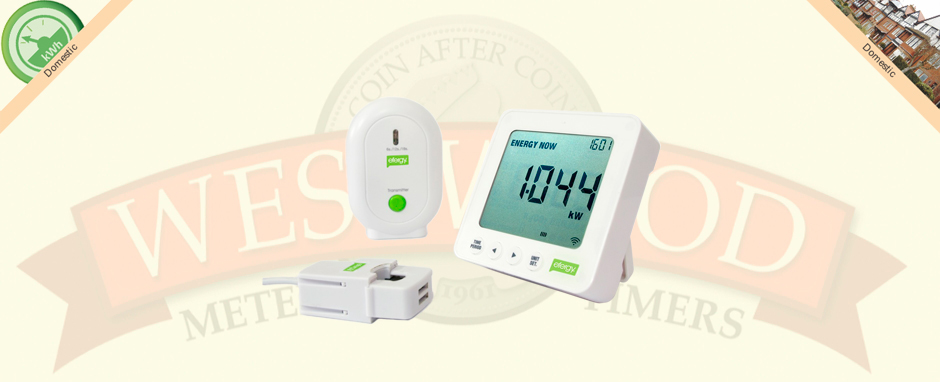Efergy E2 Energy Monitor
Efergy E2 Energy Monitor
The E2 Classic 2.0 is the third generation of wireless electricity monitors. It includes an innovative software package so you can track your energy usage on your computer. The E2 monitors your carbon dioxide emissions allowing you to determine your carbon footprint.
Download your energy data
Download your ennergy consumption data to your Mac or PC and analyse it with the “elink software”. View information graphs, print or save reports as PDF files. Data may also be viewed using Excel or other spreadsheet packages.
Technical Information
- Model Name: E2 Classic
- Model Number: E2-UK
- Frequency: 433.5 Mhz
- Transmission Time: 6, 12 or 18 Seconds
- Transmission Range: 40 – 70m
- Sensor Voltage Range: 110 – 600V
- Measuring Current: 50mA – 90A
- Accuracy: >90%
- The backlight will be activated from 18:00 to 6:00 hours
Easy to Install
- Clip the sensor around the live feed cable of your breaker panel
- Plug the sensor into the transmitter
- Press link on the back of the e2 monitor
- Signal symbol will flash – press learn on the transmitter
- Signal symbol becomes solid when your monitor is working
- Use the e2 Classic to review energy usage instantaly
Specifications
- Compatible: Suitable for use with clip-on sensor or consumer unit transmitter
- Easy to install: Designed to be installed either by consumer or professional
- Flexible: Valid for single and dual tariff
- Easy to understand: Clear and simple graphical display
- Simultaneous information: Average daily (energy & costs), instant information (power & costs), historical consumption (energy, costs and CO2)
- History: Stores data for 7 days, 4 weeks and 24 months
Discover
- How much electricity is being used at any given moment
- The total amount of money being spent on electricity
- The difference in electricity consumption by turning on and off various devices
- How much moeny can be saved by reducing usage
Understand
- Faily average consumption
- Savings of 5% – 20% off typical energy consumption
- Consumption history
- Carbon Footprint

